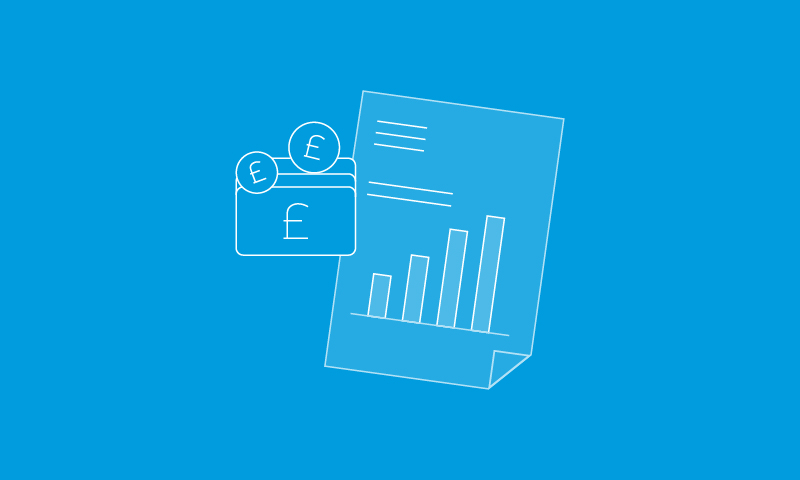25 January 2022
Data published by the Office of National Statistics (ONS) last week highlighted £668m was invested in VCT shares in 2020 to 2021. Whilst this is a small increase on the previous year, the amount invested has been stable for the last five years.
VCTs are listed companies that invest in small trading companies. Many are managed with a view to returning a 5 per cent yield. While clearly 5 per cent is better than any high street bank can currently offer, it is the special VCT tax regime that makes it worth considering the extra risk.
Investors in VCTs deduct 30 per cent of their investment from their tax bill. Therefore, a £10,000 investment normally costs £7,000. The dividend that VCTs pay is tax free, and many succeed in paying a minimum 5 per cent dividend. Finally, provided the investment is held for a minimum of five years, there are no tax implications for the disposal of the shares, even if a large profit is made.
A growth area for VCT investment is as an alternative to pension contributions.
Not all very high earners have big pension funds. For example, a highflying city lawyer earning more than £312,000 is restricted to a tapered annual pension contributions allowance of £4,000, making it hard to build up a worthwhile pension fund. That lawyer may have been concentrating on establishing himself on the housing ladder, and may have neglected pensions provision, but is now keen to start saving for retirement. If the taper did not apply, the allowance would be £40,000.
Assume that lawyer is 40 and plans to retire at 60 and decides to put the £36,000 extra he would have liked to put into pensions into VCTs. Assume then that the VCTs maintain their value and yield a 5 per cent dividend, and (and this is far-fetched!) tax rules remain the same for the next 26 years. If he decides to plough back dividends, VCT tax relief and VCT sale proceeds into further VCT investments, where would he be at retirement? The maximum £200,000 annual VCT investment would become self-funding after only 12 years, and he would have only spent £432,000. However, his cash fund after all the VCTs were sold when he is 65 would be just over £2m! And that assumes the cash fund is left in a current account. Unlike a pension fund, there would be no further tax payable on accessing that £2m. It’s certainly food for thought for investors.









